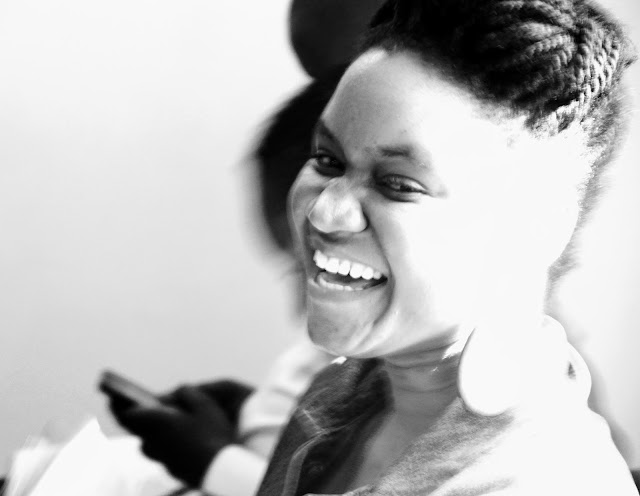The Acoustic Night will this Friday 23 June 2017 be rebranded to Magitare Live Acoustic Night at the Harare City Library on Rotten Row from 7pm.
"The event has been hosted as the Acoustic Night for the last 7 years and it has brought rise to many artists, providing not only a performance platform, but also a professional development opportunity for the artists that we work with. We have decided to rebrand it to the Magitare Live Acoustic Night,” said the visionary Tariro neGitare who will share the new vision and direction at the event which is expected to be graced by an audience mix of business leaders, diplomats and artists.
The acoustic night is a live performance platform infusing different art forms such as music, poetry and comedy in a safe, family friendly environment. “We are hosting it at the Harare City Library as a move to address the plight of lack of infrastructure and spaces for creatives. We wish to partner with city spaces and transform them creatively so as to maximise existing spaces and use them to bring people together to network and enjoy and celebrate Zimbabwean talent in the process,” said Tariro.
On it's inaugural launch, Magitare Live Acoustic Night is excited to be hosting Nobuntu, an all-female acapella quintet from Bulawayo.
Nobuntu has drawn international acclaim for its inventive performances that range from traditional Zimbabwean songs to Afro Jazz to Gospel. The ensemble’s concerts are performed with pure voices, augmented by minimalistic percussion, traditional instruments such as the Mbira (thumb piano) and organic, authentic dance movements.
Nobuntu was nominated for Best Musician of the Year at the Zimbabwe International Women Awards in London in 2015 and in the last few seasons, the quintet has performed at festivals and concert halls in Zimbabwe, Italy, Austria, Germany, Belgium, the Czech Republic and Canada. The ensemble was a huge critical success at “Trans-Vocal” in Frankfurt and “Voice Mania” in Vienna. Their first tour to Canada, in 2016, included performances in Toronto, Winnipeg, Vancouver, and Victoria.
The ensemble represents a new generation of young African women singers who celebrate and preserve their culture, beauty and heritage through art. Nobuntu has released two recordings- THINA in 2013 and EKHAYA in 2016. The group has made numerous television and radio appearances throughout Africa and Europe promoting these recordings and the culture of their homeland. Currently, the group comprises of Thandeka Moyo, Heather Dube, Joyline Sibanda, Zanele Manhenga and Duduzile Sibanda.
Other awesome artists on the line-up are poet U Mind, musicians Munyaradzi Nyamarebvu, Libert Mathole and Tariro neGitare.
Magitare Africa Trust, which runs the acoustic night, is also on a mission to create a breed of artists that understand the vision of their Creator (God) and use their gifts to improve not only themselves, but their communities as well. Tariro neGitare says they have set up the following structures that compliment the Magitare Live Acoustic Nights to ensure this:
- The Creative Arts Hub – a creative program designed to encourage community engagement for schools and communities. Artists that take part in Magitare Live are trained to facilitate these sessions and become mentors for the younger artists.
- Outreach- the artists are involved in various outreach activities periodically.
- Artist Development Program – selected artists undergo a robust mentorship programme that has been crafted based on the Acoustic Night artist experience for the last 7 years as well as extensive research on best practices from creative entrepreneurs. The model will duplicate a particular kind of artist that is passionate, entrepreneurial and innovative.
For more details contact Tariro neGitare Phone: 0772 720290 or email tariro@tarironegitare.com
























